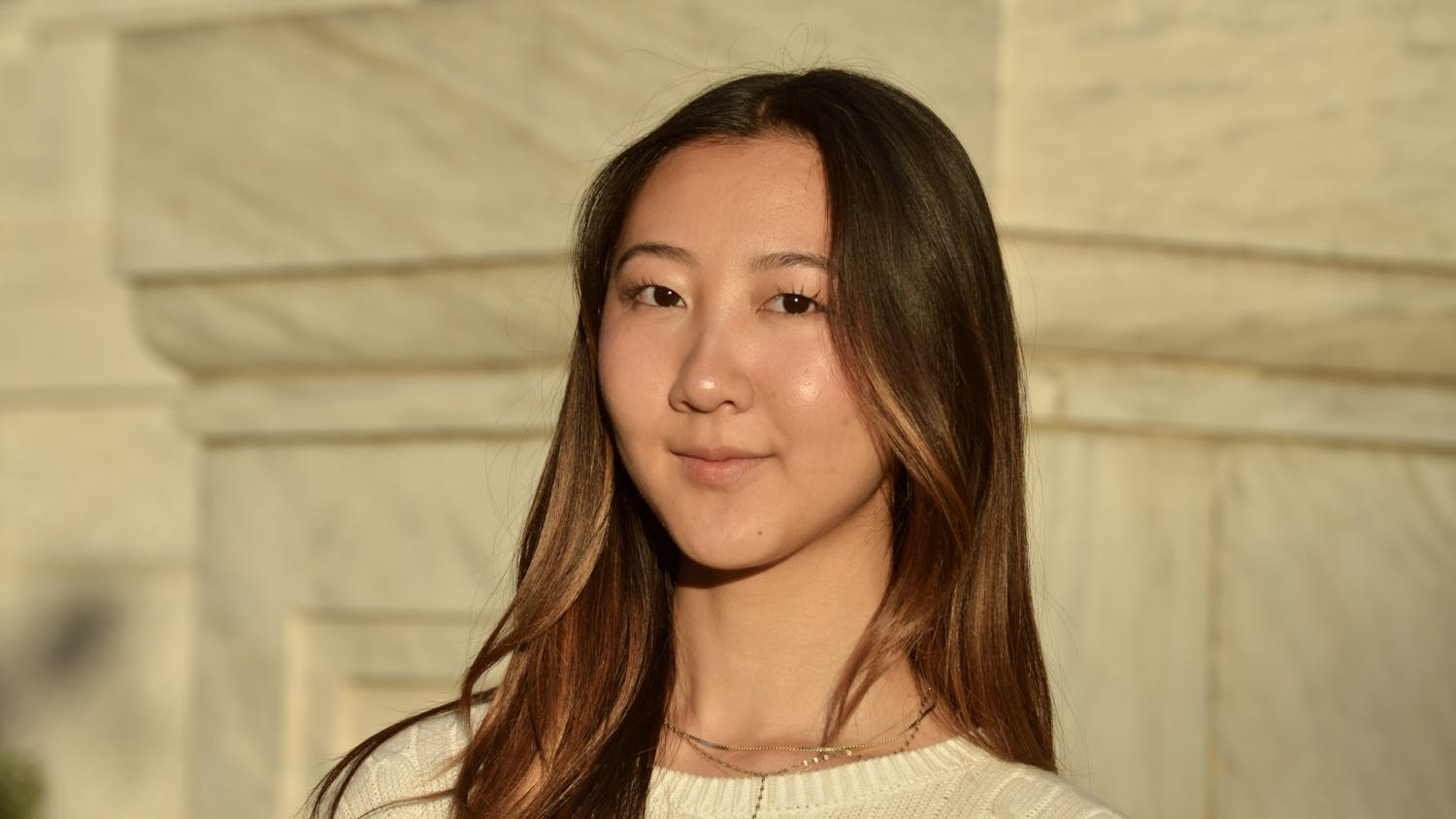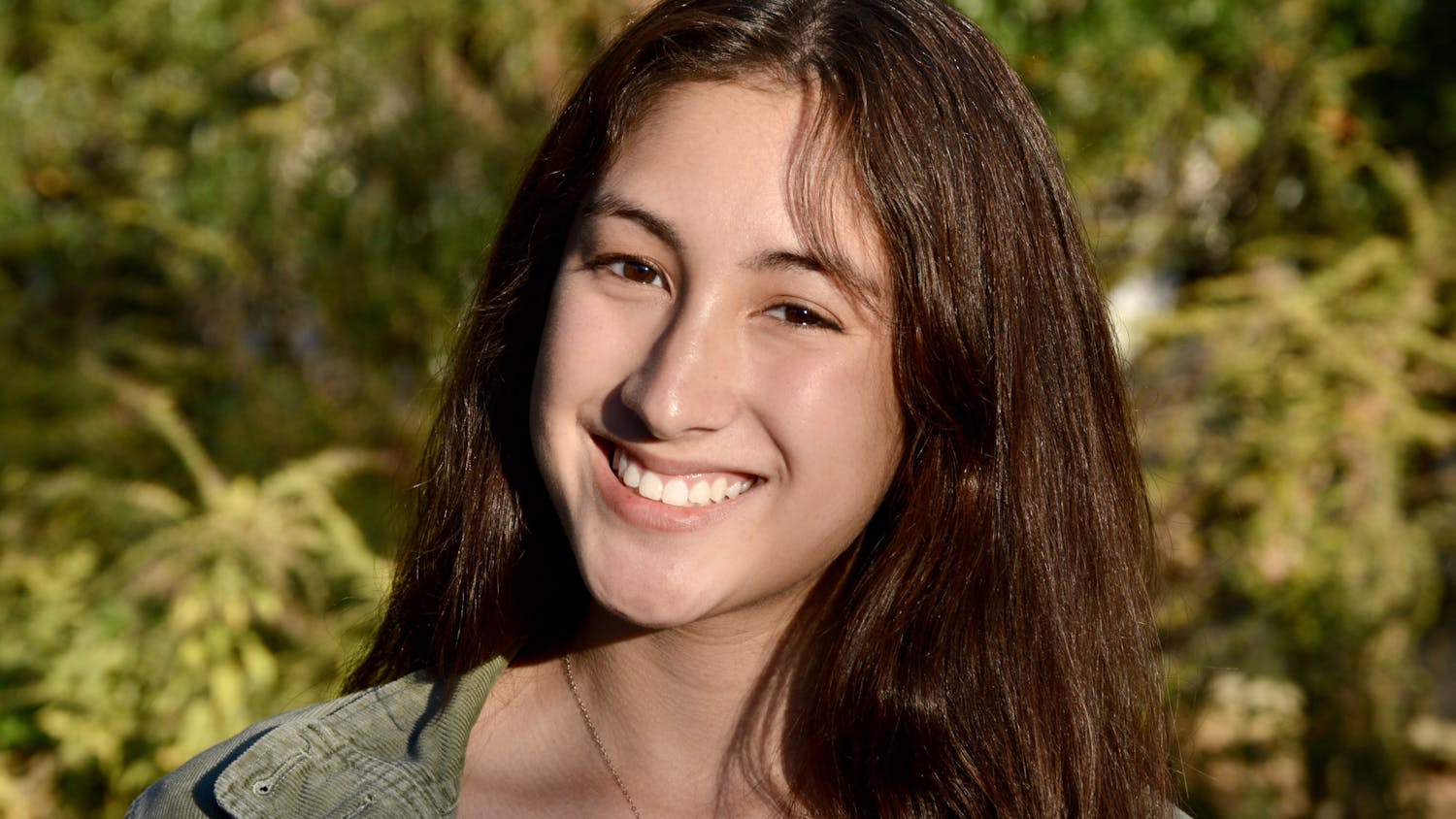While I remember watching footage of the World Trade Center going down on Sept. 11, 2001, I don’t remember how I felt.
I was only nine years old at the time and didn’t fully understand what was happening, or what was to come.
I remember seeing people around me crying, grieving and mourning, but don’t remember going through those emotions at all.
Like most young children at that time, I probably just went about my days afterward as normal.
I will, however, always remember how I felt on April 15, 2013. It’s a mixture between sadness and guilt, a constant knot in my stomach.
But Boston was not the only place struck with tragic violence. Iraq was also plagued with terror.
I read tweets about an explosion at the Boston Marathon shortly after the attack took place. Then videos and pictures leaked on Twitter that made me sick. It was hearing the screams, seeing the bloodstained sidewalk and watching people rip down barricades and barriers that made me just cry.
When I walked into my room later in the evening, I noticed my roommate seemed upset. I asked her if she was OK, thinking she maybe had a bad day. She turned to me and said something along the lines of, “I don’t like explosions and people dying.”
There’s really no way to describe the sadness you feel when something of this nature happens. You don’t have to be there or know someone there to feel sad and disgusted. Yet it’s easy to become numb to acts of such tremendous horror.
Guilt consumed me when I later read about the bombings in Iraq that claimed 55 lives and left around 300 injured. There was only one article about it in the New York Times, and very few people even noticed it.
I remember someone commenting after they heard about the Boston attack, “Why would you attack people running a marathon? Can we not even run and be safe anymore?”
The first thing I thought of was how many people in Iraq can’t even live and be safe anymore.
Everything seemed so unfair to me. Why did an attack so close to home affect me in such a powerful way, when attacks on innocent lives that I read on headlines daily seemed to do nothing? How had I become numb to such acts of horror? I don’t like explosions or people dying, but why did it take two violent attacks to remind me of that?
Shortly after the attack, a quote by Fred Rogers (of “Mister Roger’s Neighborhood”) began trending on Facebook:
“When I was a boy and I would see scary things in the news, my mother would say to me, ‘Look for the helpers. You will always find people who are helping.’ To this day, especially in times of ‘disaster,’ I remember my mother’s words, and I am always comforted by realizing that there are still so many helpers - so many caring people in this world.”
I want to be a helper, and one of the things I like most about AU is that I feel it is a place filled with helpers, students who care about important issues but don’t just sit around passively and do nothing. AU students want to make a difference, so we cannot let ourselves become numb and detached from those who need us most.
Where do we go from here? There may be nothing anyone can do to end violent attacks of terror on innocent people forever.
However, we can all be helpers, even if, at the very least, that means not becoming numb to the violence that plagues our world. We, as individuals, must attempt every day to make the world less violent, one kind gesture at a time.
Julia Greenwald is a sophomore in the School of Communication.
edpage@theeagleonline.com




